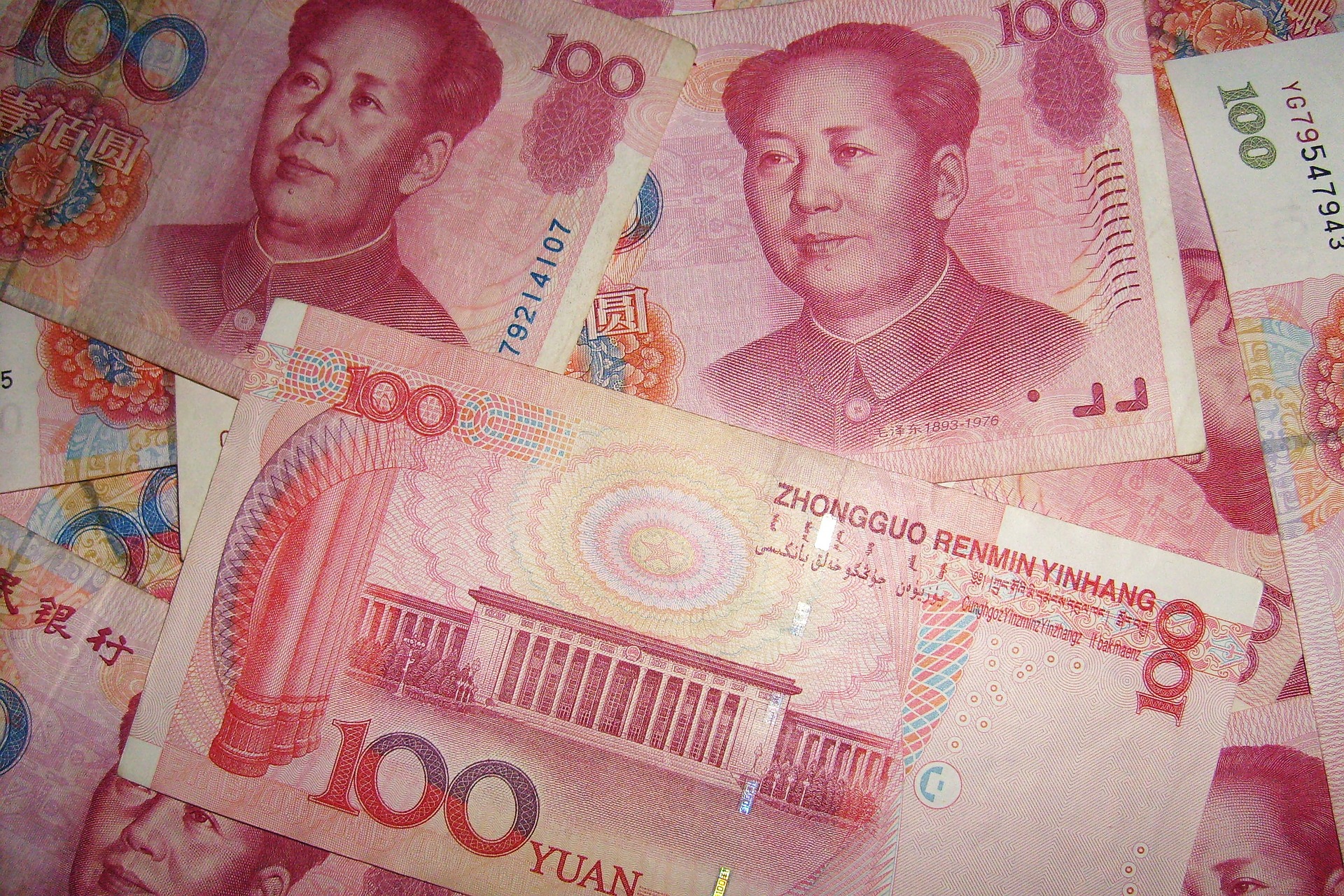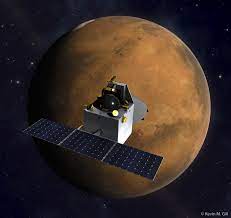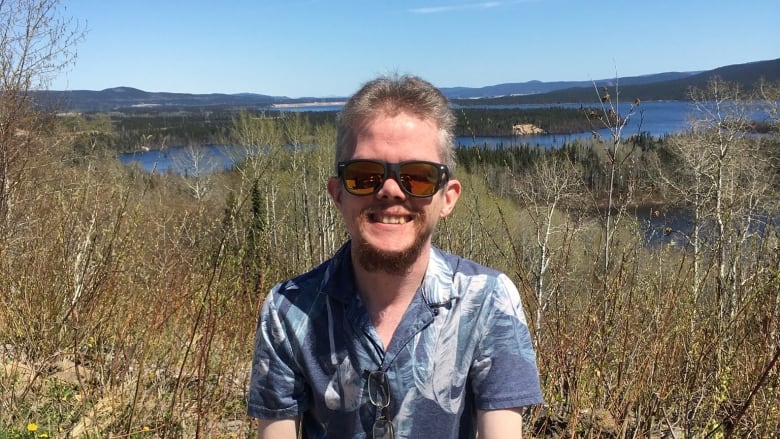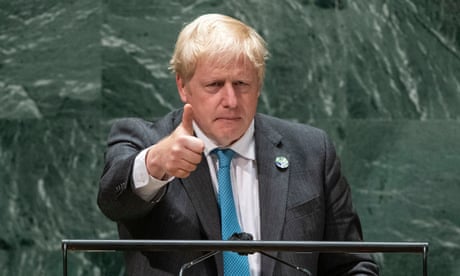How Chinese investments in Africa are harming the continent

Per Beijing's Ministry of Commerce latest report, China is Africa's biggest bilateral trading partner again this year, reaching a record year-on-year increase of 40.5%. After a pandemic-induced dip in 2020, trade between Beijing and the continent was valued at almost $140 billion during the first seven months of 2021. However, the elephant in the room at the announcement of these impressive-sounding figures was China's parallel status as Africa's largest bilateral lending partner.
Desperate for foreign investment to shore up their economies as well as their grip on power, increasing numbers of African leaders are turning to the ready money on offer as part of China's global expansion policy, the Belt and Road Initiative (BRI). While these loan agreements are guarded by strict non-disclosure agreements, Chinese credit comes at a steep price for the people in these countries.
Two of the most worrying case studies of Chinese debtors are unfolding in Djibouti and Ethiopia, offering cautionary tales of the effects of Chinese encroachment. China's partnership with the deeply problematic leaders of these countries had far-reaching consequences for the respective countries' populations and might eventually lead to a backlash against China on the continent.
Djibouti's dangerous pact with China
Djibouti is a small country of under 1 million but is of outsized geopolitical importance due to its strategic position on the Horn of Africa. For the last 20 years, the country has been under the iron grip of President Ismaïl Omar Guelleh, no less thanks to Chinese backing, which has been instrumental in securing his place in power amid rising discontent with his rule. And while Beijing was slow to enter the geopolitical power game on the Horn, its influence in Djibouti has allowed it to catch up in record time by opening its first and only overseas naval base in close proximity to those of the US and France.
Other aspects of Chinese influence in the country have since become exceedingly visible. For example, Beijing's Export-Import Bank of China (Exim) financed 70% of the electric railway line between Addis Ababa and Djibouti, to the tune of $3.4 billion. A year later, the same bank funded the Ethiopia-Djibouti water pipeline for $327 million. The country now ranks first in the world for its 100% debt burden to China as a percentage of its GDP.
Another example is the construction of the Doraleh Container Terminal, Djibouti's showpiece infrastructure project. A joint venture between Djibouti and Dubai-based port operator DP World, the project has become notorious for the treatment of DP World as an important international business partner. In 2012, Djibouti's regulators cancelled DP World's 30-year-concession to operate the terminal, before handing it to a Chinese state-owned company and competitor, China Merchants Group, in 2018. Despite multiple rulings in DP World's favour since then, Djibouti has yet to compensate or restitute the holding.
Importantly, the dock is now managed by an entirely Chinese workforce, doing precious little for the country's chronic unemployment. This is raising wider questions of China as a trustworthy business partner for African countries as well, given that China portrays itself as a "brotherly state" to African leaders and a source of money, employment and ultimately economic advancement. However, Djibouti is a prime example of how one-sided these promises really are: Djibouti's poverty rates sit at 79%, with 42% of the population living in extreme poverty. The United Nations' Human Development Index (HDI), ranked the country 166 out of 189 in 2019.
The proof that circumstances are not improving with Chinese funding can be seen in the fact that three Djiboutian football players who were in transit through Paris earlier this month refused to board their connecting flight home and have requested asylum from the French state. As Sino-African relations expert Thierry Pairault explains, "Chinese money has had very limited impact for Djiboutians".
Beijing's hand in Ethiopia's genocide
This state of affairs is by no means limited to Djibouti, because a Chinese partnership is causing even greater distress in Ethiopia, at the other end of the Addis Ababa–Djibouti Railway. In Ethiopia, too, China is the biggest trade partner and financial investor. However, while the Chinese-funded train track is proving unprofitable, the primary repercussions of China's ubiquitous presence in Ethiopia are outright deadly.
Since November 2020, Ethiopia's Prime Minister Abiy Ahmed has carried out large-scale military operations against the opposition group, the People's Liberation Front, based in the country's Tigray region. As ethnically-motivated killings and sexual violence mount, the fighting is also displacing more than two million from their homes and leaving millions more without access to food, water or healthcare. UN Secretary-General Antonio Guterres has criticised the "de facto humanitarian blockade" by the armed groups.
As the rest of the world turned against Ahmed for the ongoing genocide occurring under his watch, China confirmed their commitment to his administration in August. The disregard for the atrocities committed is weakly explained away by Beijing's policy of "non-interference". Not only is this stance highly hypocritical for its obvious flexibility when it suits China's interests, but this tight knit relationship is in fact directly impacting the lives of the people. Far from non-interference, the UN's Chinese delegation delayed a discussion of the unfolding events until nine months into the crisis, and continually obstructed a meaningful UN Security Council intervention very difficult. This impasse at international level has, in turn, led to hesitancy among the members of the African Union. While China's business interests in the country remain intact, war crimes against Ethiopians continue unabated.
An unstable future for Chinese investment
By knowingly indebting some of the world's poorest nations and supporting their oppressive leaders, China can no longer claim to "leave their sovereignty unscathed". But beyond the harm caused to the people in these countries, such self-interested projects which bolster the controversial leaders of these vulnerable countries are damaging the reputation of the Belt and Road Initiative, as well as the Chinese Communist Party (CCP) itself. Perhaps the reckoning for China is already in the making.
(Devdiscourse's journalists were not involved in the production of this article. The facts and opinions appearing in the article do not reflect the views of Devdiscourse and Devdiscourse does not claim any responsibility for the same.)


















